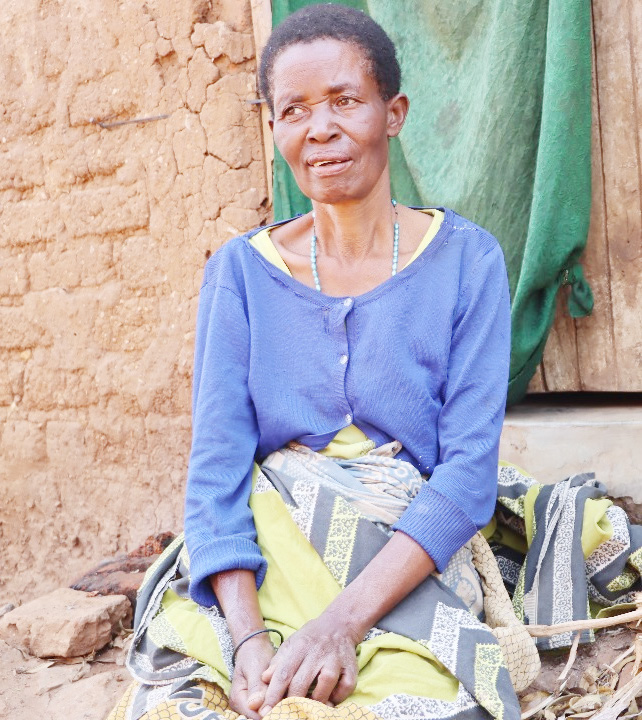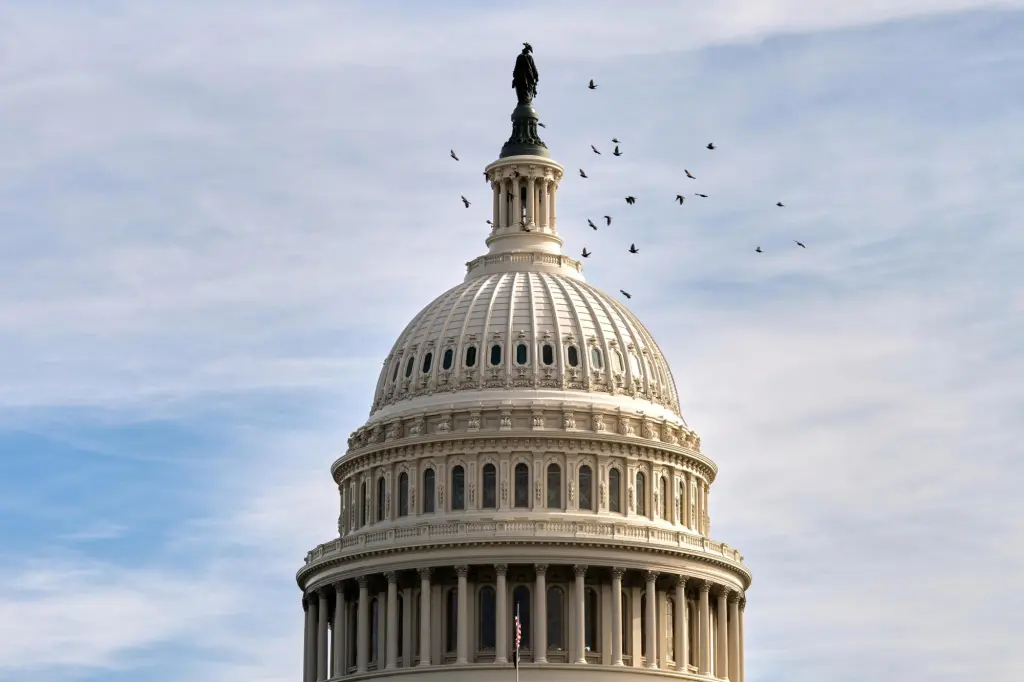Copyright times

In the heart of Lilongwe in an area called Mtsiriza, a remarkable story unfolded during the September 16 general elections, showcasing the unwavering spirit of civic duty. For Juliet Black, a frail elderly woman battling health conditions, voting was not merely a right; it was an act of profound responsibility that she was determined to fulfill. And a chance to change the fortunes of her life for to the better. Sitting on a worn mat in her modest home, surrounded by the stark realities of urban poverty, she articulated a sentiment that resonated deeply with many. Black, who has been bedridden for some time, made a determination to cast her vote. She sought the help of a neighbour who operates a bicycle taxi (Kabaza) to transport her to the polling centre on election day. Despite the pain of being carried on a bicycle while sick, Black expressed her joy in exercising her right to vote. “I couldn’t allow myself to miss the chance to vote. I believed that my vote might help change things for the better. If I won’t live long, then I did it for the younger generation,” she said, her voice steady despite the pain etched on her face. Voting is a fundamental part of democracy and good governance as it allows citizens to exercise their right to choose leaders, influence policy decisions, hold leaders accountable and promote representation and inclusivity. Black’s determination to cast her vote, despite her illness, has sparked admiration and reflection across the nation. Her actions serve as a strong reminder of the importance of participation in the democratic process, particularly among the elderly and marginalized communities. In a country where civic engagement can often be overshadowed by challenges, Black’s resolve stood out, inspiring others to fulfill their civic duties. Political activist Hawkins Munyenyembe commended the electorate’s growing awareness and responsibility. Munyenyembe emphasised that Black’s courageous act should serve as a wake-up call for politicians, urging them to prioritize the needs of their constituents. “Most politicians go to bed once they are voted into power because they think they have done enough for the people to elect them. However, Black’s story should be a wakeup call to those in positions that they need to take things seriously,” he said. Programmes Officer for the National Initiative for Civic Education (Nice Trust) responsible for Blantyre City and Blantyre District Glory Ngosi Maulidi, highlighted the significance of Black’s actions. “This woman, being sick, had a lot of expectations to see that conditions in health facilities are improved and ensure availability of potable water, and access to education for her grandchildren,” she noted. Maulidi stressed that the responsibility lies with elected leaders to meet the expectations of their voters. Various organisations including Oxfam Malawi played a significant role in promoting civic engagement and voter participation, engage persons with disabilities and youths aspiring to contest. “It is up to the leaders to come back and ensure that they deliver according to people’s expectations,” Maulidi stated. Black’s determination to vote aligns with several Sustainable Development Goals (SDGs) set forth by the United Nations, particularly SDG 16, which emphasizes peace, justice, and strong institutions through citizen participation in democratic processes. Her story also resonates with SDG 5, promoting gender equality, as her courage reflects the empowerment and agency of women in Malawi. Furthermore, it underscores SDG 10, which advocates for reduced inequalities, shedding light on the struggles faced by marginalized communities and the necessity for responsive governance. Her courage and conviction serve as a powerful reminder of the impact one individual can have on shaping their community’s future. As the nation moves forward, the message is clear: the responsibility of leadership lies not only in being elected but also in delivering on the promises made to the people. The actions of citizens like Black remind us that every vote matters and that the fight for a better future is a shared journey—one that requires the commitment of both voters and elected officials alike.



